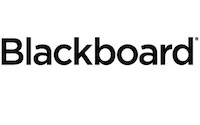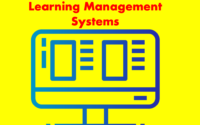
Video Use in Education Evolving Beyond the Classroom
The application of video in education is evolving. Even as the practices of showing video in the classroom or making it available as supplementary course material have declined as use cases slightly from this year to last year (from 85 percent to 82 percent from 2019 to 2018 and 80 percent to 77 percent, respectively), […]
















